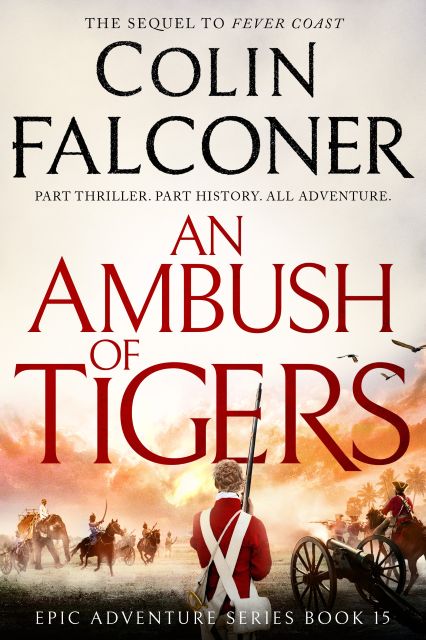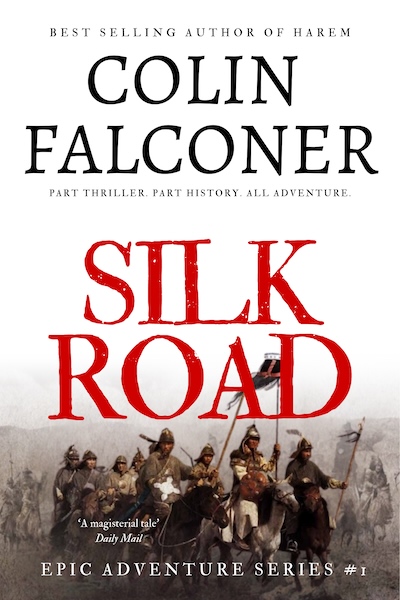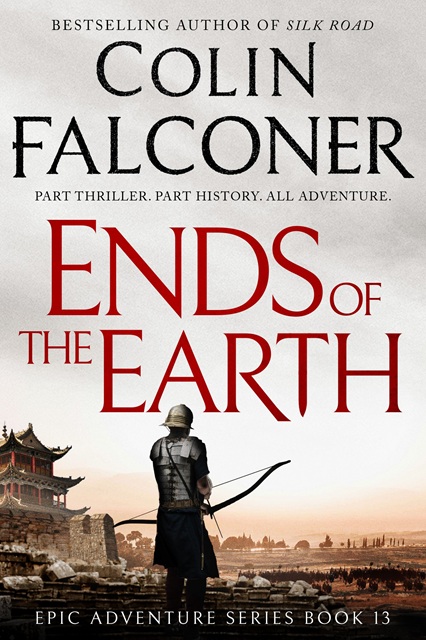In 1955, an Oxford University professor called Homer Hasenpflug Dubs published an astounding theory. He claimed to have found a town in China where Roman legionaries had lived fifty years before the birth of Christ.
As evidence, he said he had unearthed two-thousand-year-old Roman pottery and pointed out the fact that many of the local people had brown hair and blue eyes in striking contrast to the appearance of people from the surrounding areas.
He believed that these Romans were descended from survivors of the battle of Carrhae.
Could Dubs’ theory be true?
The Lost Legion of Carrhae
The battle of Carrhae took place in 53 BCE in Turkey – almost four thousand miles away from Dubs’ town in China. It was fought between the Parthians and a Roman army led by Marcus Crassus, and it resulted in one of the most humiliating defeats ever suffered by the Roman Empire.
Twenty thousand Roman legionaries died. Ten thousand were taken prisoner.
In those days, the Parthians used prisoners of war as mercenaries to guard their eastern frontier. It is now assumed that the legionaries taken at Carrhae were sent to a wild frontier region around Merv, in modern day Iran, where they spent the rest of their days.
But did they go even further east?
Dubs claimed to have discovered ancient chronicles from 36 BCE in which a Chinese general described fighting soldiers who used a ‘fish scale’ formation. Did he mean the famed testudo formation practiced by Roman legions, in which soldiers formed a defensive cover of overlapping shields?
Dubs theorised that these fighters were Roman soldiers captured at Carrhae, now making their living as mercenaries. He imagined that the Chinese were so impressed by the discipline and skill of these mysterious mercenaries that they invited them to return with them to China to help them guard their own frontier outposts.
His further proof that this might have been what happened was the name of the town where he found the Roman artefacts. It was called Liq’ian – pronounced ‘legion’ in Mandarin.
You won’t be surprised to learn that Liq’ian has now been turned into a Roman Empire theme park for tourists.
So could Dubs be correct?
Dubs’ theories have great appeal but have not met with widespread acceptance outside of China. Many historians find it unlikely that a group of Roman mercenaries could have found their way so far east.
Liq’ian is close to the ancient Silk Road, so Roman artefacts could easily have found their way there. And the Caucasian appearance of the local people might be traced much further back than the Romans, possibly to the Greek soldiers who came east with Alexander the Great in 330 BC. It is probable they left children behind in what is now Afghanistan. Their descendants may have migrated to China as merchants.
But Dubs’ theory can never be proved or disproved. It remains just a tantalising possibility.
If it is true, then it is an incredible tale of tragedy, brotherhood, discipline and courage, lost to the passing of time.
It is the story I tell in my historical adventure thriller, Ends of the Earth.
Ends of the Earth
From the bestselling author of Silk Road, comes a new sweeping action epic about the lost legion of Carrhae. Set against a sprawling canvas of Parthia, the Han dynasty, the Seven Seas of ancient Arab traders, and Rome in the last days of the Republic, it is historical adventure on a breathtaking scale.
🔗 Grab your copy of Ends of the Earth here on Amazon in Kindle, paperback or in Kindle Unlimited.








